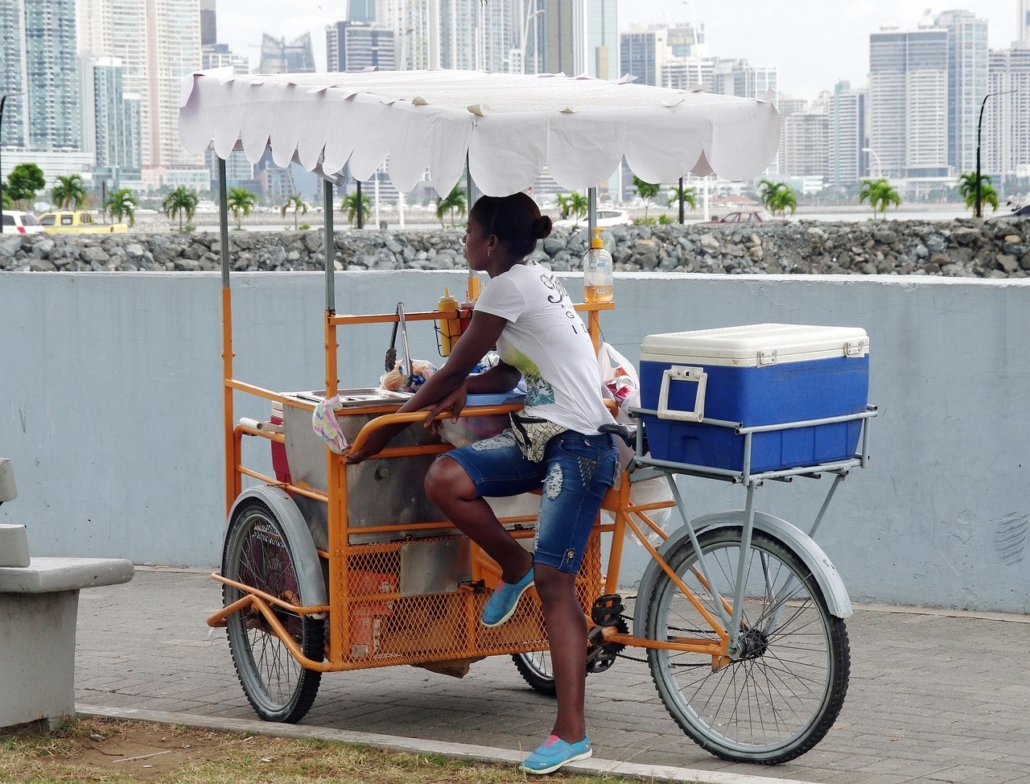 Panama struggles with poverty. As of 2019, 21.5% of the population in Panama is living in poverty. With the last recorded population count at around 4.459 million people, that would mean that almost 1 million are currently below the poverty line in the country. However, a major demographic within those impoverished in Panama is the disabled population.
Panama struggles with poverty. As of 2019, 21.5% of the population in Panama is living in poverty. With the last recorded population count at around 4.459 million people, that would mean that almost 1 million are currently below the poverty line in the country. However, a major demographic within those impoverished in Panama is the disabled population.
The troubles of poverty can be amplified for those living with either physical or mental disabilities. As of 2010, about 5% of Panamanian adults suffer from functional difficulty. These people often have lower chances of finding a job or finishing their education, which in turn harms their ability to improve their standards of life. This can often lead to disability and poverty intertwining and reinforcing each other, making it harder for people with these disabilities to get themselves out of poverty. In fact, disabled people in Panama have a poverty rate of 46% as opposed to 19% for those without a disability.
The Panamanian Social Security Fund (CSS) has been an important organization for supporting the country’s disabled population, mainly by handling social security benefits to those in need since 1941. However, with a new law implemented, the country grows concerned over how much the organization will be able to help fight against disability and poverty in Panama.
New Law and What It Means for Panama
The Panamanian government officially implemented Law No. 462 on March 18, 2025. According to Morgan & Morgan, this law implements a number of structural changes to how the CSS will administer benefits, including automatically taxing independent professionals with a 9.3% tax income to cover a number of contributions. This will include benefits to the disabled.
However, Panamanian citizens have expressed concern over how this law will affect them, as unions express concern about a shift in focus towards individual workers for pensions. Protesters are also claiming that this law will mostly benefit the companies rather than the individuals that might need these pensions. However, it is unclear how this law will affect the fight against disability and poverty in Panama.
Organizations That Address Disability and Poverty in Panama
While it is unclear how this law will affect Panama in the long run, it is important that citizens from outside of the country know how poverty is heavily affecting the disabled population. As for what can be done, there are organizations outside of the CSS that have taken to also fight against disability and poverty in Panama. Here are a couple of examples:
- Fundación Oír es Vivir: Fundación Oír es Vivir is an organization that specializes in preventing and treating deafness, and it has partnered with the global organization Hidden Disabilities Sunflower to spread awareness and care for deaf Panamanians. Dr. Cynthia Guy founded Fundación Oír es Vivir in 2008 and the organization raised more than 15,000 pounds to restore hearing to 100 children in a current project. The organization’s end goal is to raise around 25,000 pounds to help families who cannot usually afford to restore their children’s hearing; this will serve as a great opportunity for all of these families to improve their chances of breaking the poverty cycle. Hidden Disabilities Sunflower also has a branch in Panama, although its website is exclusively in Spanish.
- Special Olympics: Special Olympics is an organization working in Panama that promotes physical health for both physically and mentally disabled children and adults. It also promotes disabled athletes and has 2,565 athletes from Panama registered according to its fact sheet. Improved physical health may help disabled people and hopefully leave put in a better position to garner employment.
Looking Ahead
Poverty will always be difficult to combat, but those who struggle with a disability alongside poverty need even more special support, both within and outside the country. While the future of Panama is currently unclear, spreading more awareness and supporting the country’s disabled will help create a better Panama and hopefully improve its quality of life.
– Jose Gabriel Lopez
Jose is based in London, UK and focuses on Good News and Technology for The Borgen Project.
Photo: Pixabay
